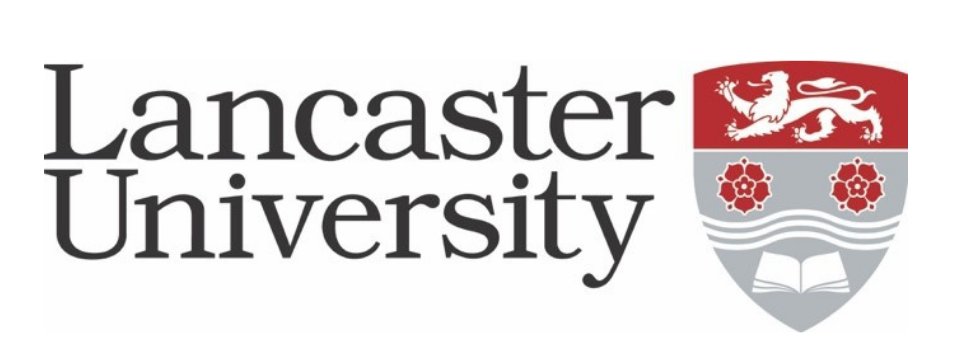
The Staffordshire Centre of Learning and Pedagogic Practice (SCoLPP), based at Staffordshire University, has been appointed by the Centre for Transforming Access and Student Outcomes in Higher Education (TASO) to carry out independent evaluations of four areas of activity in a bid to discover “what works”.
There is currently limited evidence about what impact such interventions are having. However, the new research will contribute to the evidence base and support other Higher Education Providers to carry out their own evaluations of similar programmes.
The four interventions being evaluated are:
- Peer Assisted Learning programme (University of East Anglia)
- Score As I Learn (University of Huddersfield)
- Lancaster Success Programme (Lancaster University)
- Black Leadership Programme (Nottingham Trent University)
The SCoLPP team will produce enhanced Theory of Change models to unpack the aims of each intervention before using available institutional data to conduct robust evaluations.
Dr Sally Andrews, project lead at Staffordshire University, said: “This is a great opportunity to explore the potential of institutional data to help us evaluate the effectiveness of interventions to reduce inequalities in student outcomes. If we can understand what works, when, and for whom, this will help us to scale up and introduce interventions effectively and efficiently in other contexts. We’re excited to be leading this important work on behalf of TASO.”
SCoLPP will also support TASO in working with project partners to contribute to a framework of post-entry support activities and a guide to using and developing data infrastructure for tracking student engagement with support programmes. A final report is expected in the spring.
- More information about the project can be found on the TASO website
- SCoLPP have previously led on a TASO project aimed at reducing racial inequalities in universities and colleges. A report launched in June included recommendations aimed at closing the ethnicity degree awarding gap.






























